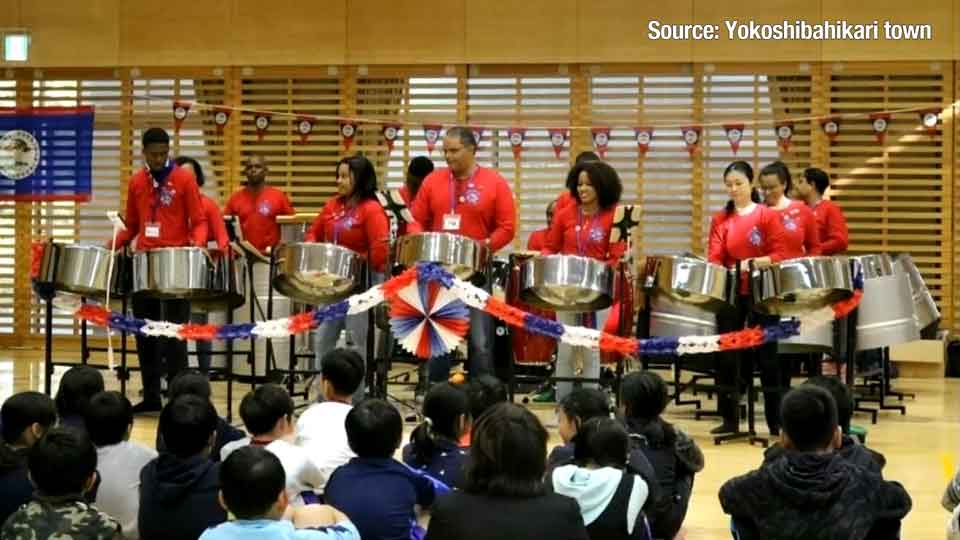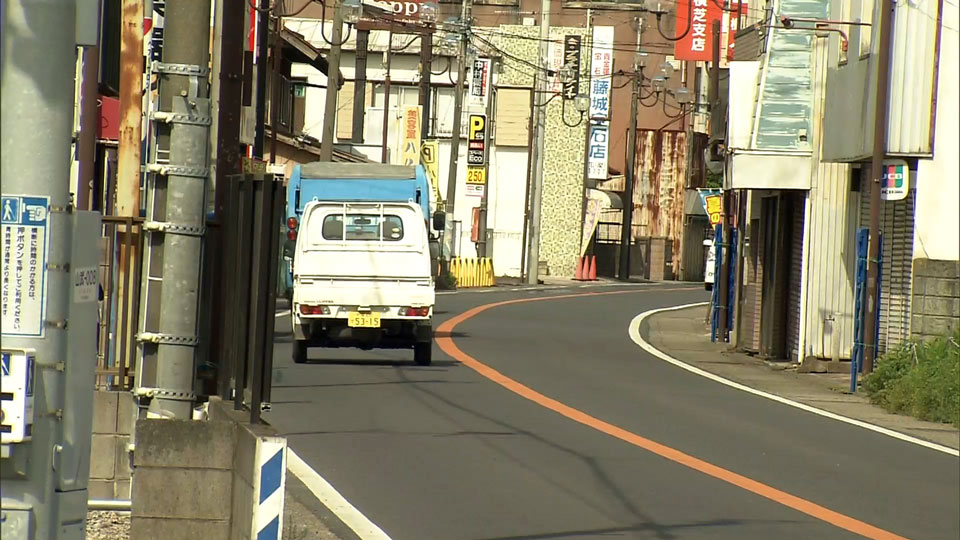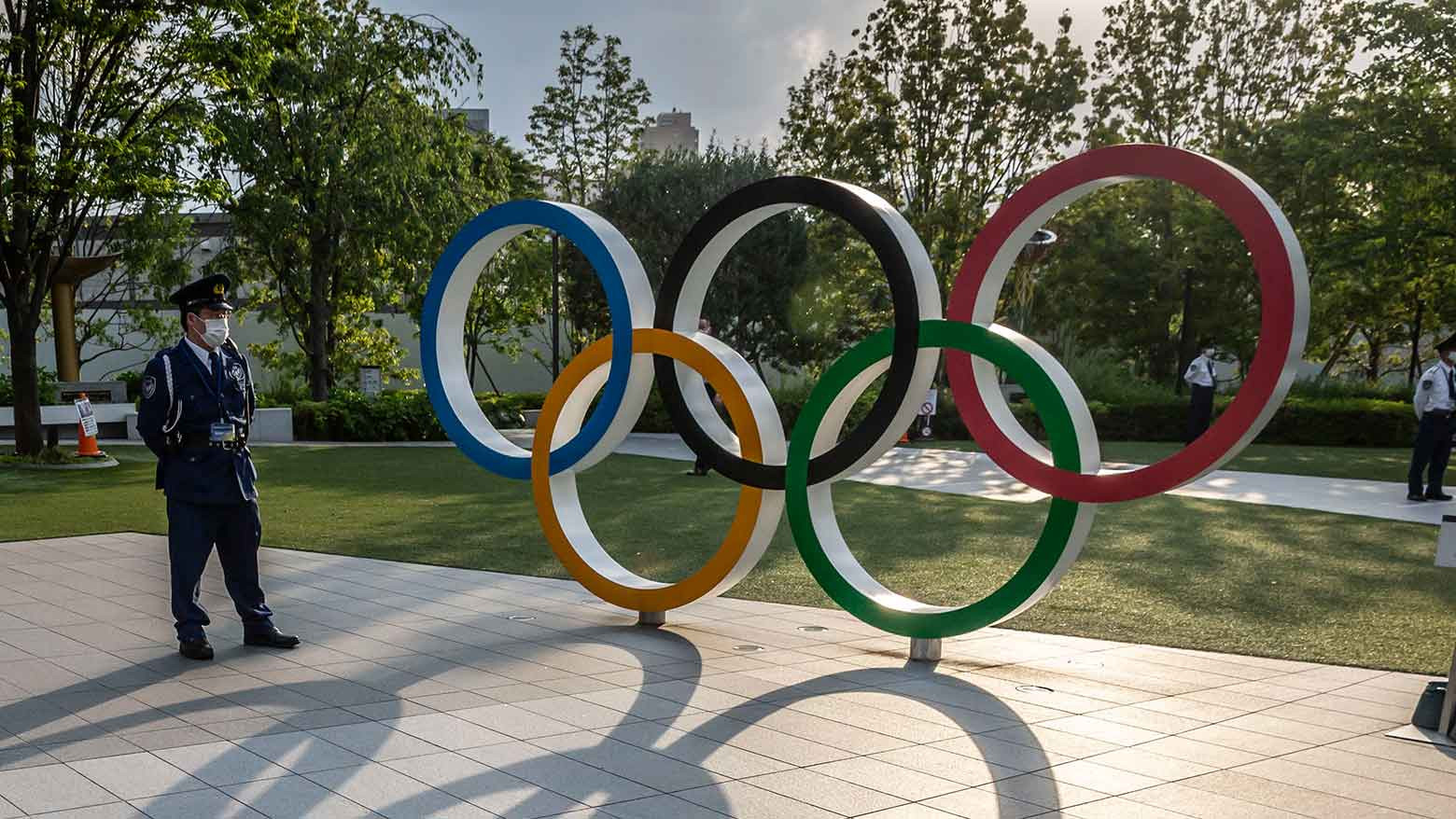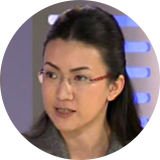Yokoshibahikari Town in Chiba Prefecture had agreed to host a delegation of around 10 athletes and officials from the Central American country of Belize, providing accommodation and facilities for a pre-Games training camp. But the local authorities are now focusing on their coronavirus vaccination program and say they can no longer allocate the time and resources needed for the camp.
Town officials say the issues stem from the central government’s revised anti-coronavirus infection guidelines released last month. Host towns are now responsible for the health and safety of visiting delegates. But the officials say they have no way to meet those requirements as Yokoshibahikari’s only hospital does not accept coronavirus patients. They also say they do not have the means to make sure the visitors limit their movement to accepted areas.
“Implementing the necessary anti-coronavirus measures was too high a hurdle for our town,” says Yokoshibahikari Mayor Sato Haruhiko. “If the athletes were to get infected during training camp, we would feel a tremendous sense of guilt toward the people of Belize.”

Yokoshibahikari isn’t the only community facing these problems. Across Japan, 528 municipalities had registered as host towns for visiting delegations. So far, 54 of them have cancelled Olympic- and Paralympic-related pre-event camps and cultural events.
In more than 80 percent of these cases, the participating teams pulled out due to concerns about infection risks and delays in the qualification process. But many municipalities, like Yokoshibahikari, have cancelled the plans themselves, citing a lack of resources to implement the preventive measures requested by the central government. Others say they no longer have access to the needed facilities, as venues previously designated for the training camps have been converted into vaccination sites.
Sports sociology expert Sasao Shinta of the Tokyo Women’s College of Physical Education says these host town programs are important to upholding the Olympic principles.
“One of the goals is fostering world peace,” he says. “The host town initiative is a wonderful part of this project, so losing the opportunity to have such exchanges would be regrettable.”
Nonetheless, Sasao believes more communities will follow suit, and impact venues. And he says these cancellations will affect not only the spirit of the Games, but the quality.
“The training camps are crucial for athletes to fine-tune their physical condition and acclimate to the setting,” Sasao says. “If the camps are cancelled, athletes from countries closer to Japan, where there is a smaller time difference, would have an advantage.”

Despite the cancellations, Prime Minister Suga Yoshihide remains firmly committed to the Games, saying strict anti-virus measures will ensure a safe competitive environment.
“The government is reviewing the number of foreign visitors, which is likely to be reduced further from the current estimate,” Suga told reporters last Friday. “Their moves will be restricted and we are considering steps to expel visitors who don’t comply with these rules.”
Suga also revealed that the International Olympic Committee had struck a deal with Pfizer to provide vaccines for all participants.
Organizing officials say they expect fewer than 90,000 foreign officials and journalists in Tokyo for this summer’s Games. This is half the original estimate made before the pandemic.

